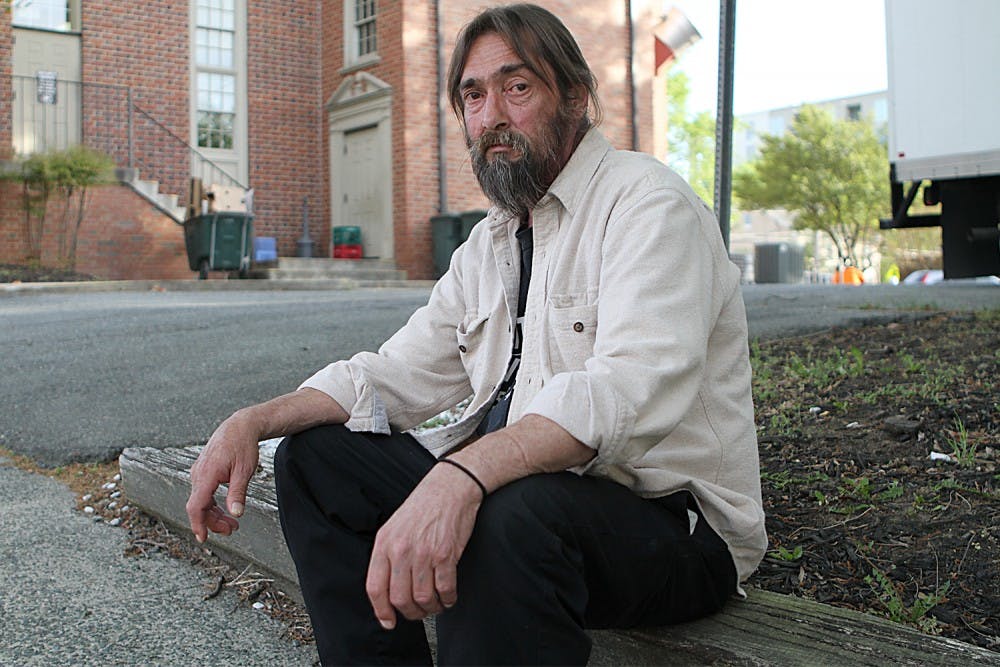A homeless population can cost local governments millions of dollars each year in hospital bills, increase the number of jail stays and dramatically decrease housing stability rates, according to a study from UNC Charlotte.
The study found the city saw fewer in-patient hospitalizations, a dramatic reduction in arrests and jail stays and a $1.8 million reduction in hospital bills just one year after the city supported a permanent supportive housing program as part of its Housing First philosophy.
Towns with Housing First philosophies try to end homelessness by providing residents experiencing homelessness with housing quickly and providing supportive services later. Chapel Hill loosely operates under the Housing First philosophy.
“We are very happy to promote the notion that what a homeless person needs first of all is a home,” said town councilwoman Sally Greene in an interview last week. “They’re in great need.”
Tommy Keeter, who is currently homeless living in Chapel Hill, has spent the last decade wondering when his next meal will be.
After a relationship ended, Keeter, 54, left his home and moved into the woods with a tent. With the exception of a year and a half living with his son, Keeter has been homeless ever since.
“I’ve been trying to get off the street for a while now,” he said.
Keeter said he is unable to work and has had trouble finding a place to live in the past because of his trouble with alcohol and his criminal record.
In the meantime, living on the streets is the dangerous alternative. He said he has been robbed four times and seen some of his friends be the victims of violence.
Greene said although it is hard to nail down any sort of concrete data, there are costs for the town associated with the homeless population, like emergency room visits.
She said some people who are homeless often face other mental and physical problems, so finding a home for them can help jumpstart their rehabilitation.
John Dorward, executive director for Inter-Faith Council, said he thinks Housing First is a good program, but there are other steps before affordable housing that need to be taken, such as job training and education.
To get the day's news and headlines in your inbox each morning, sign up for our email newsletters.
He said the Inter-Faith Council sends applications to Housing First for those who they feel would be good candidates for the program.
But Dorward also said the lack of resources in Orange County make it more difficult to find homes for and offer support for those in need.
“We think it’s a great tool for the people who are ready for that,” Dorward said. “There just aren’t a lot of people being able to use it.”
Greene said there have been successes with the program, although Chapel Hill lacks the extensive financial resources other cities may have.
Keeter said he is taking advantage of the resources in Chapel Hill to help people in his situation and is trying to stay sober.
“I’ve got a bunch of people trying to help me,” he said. “They’re good people.”
city@dailytarheel.com



